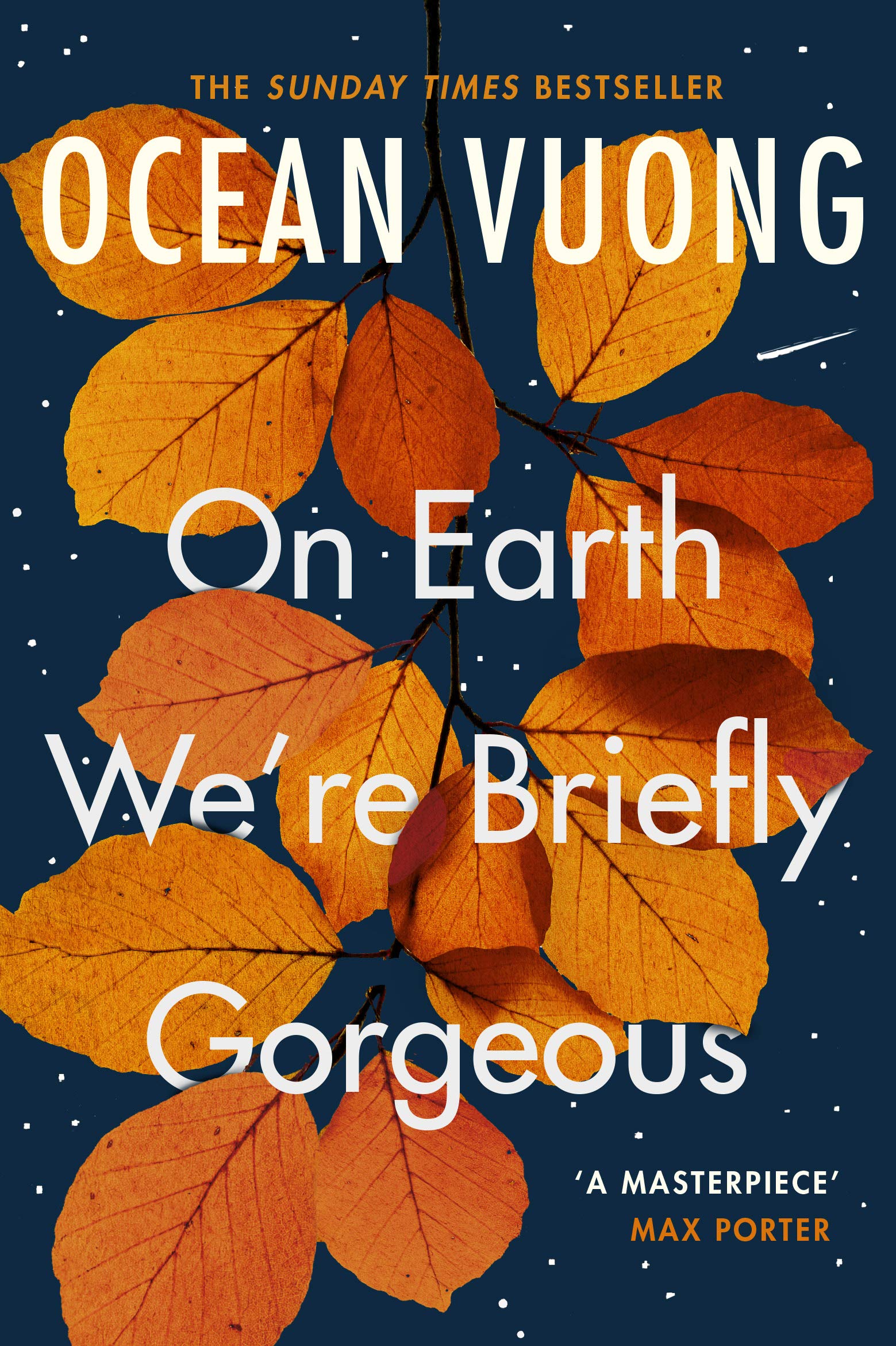
I can’t exactly remember when I first read “On Earth We’re Briefly Gorgeous,” the haunting, brilliant 2019 novel by Vietnamese American author Ocean Vuong. I do remember that the prose changed my perception of literature, breaking my notion of what fiction had to be. I was utterly destroyed by the novel’s ending and have reread the book over and over, trying to make it last longer every time.
A figure like Vuong, despite the accessibility of his writing, has always felt somewhat far away to me, in the way that our heroes often do. What would it mean to be close to him? To hear his voice in person? To be so near that I could reach out and touch the man whose book impacted the core of my being?
It was just luck that my hero landed in Hartford, his hometown, for a talk on Tuesday night. The event was held at the Mark Twain House, a venue that has just started welcoming back in-person attendees. The talk was a conversation between Vuong and Chinese American writer and reporter Kat Chow.
Chow is a literary giant in her own right, the founder of the popular Code Switch team and podcast at NPR. Her work has appeared in The New York Times Magazine, The Atlantic, New York Magazine’s The Cut, and Radiolab. Her book, “Seeing Ghosts,” is a memoir about her mother’s death and the impact it had on her life. While I’d read Vuong’s book before, Chow’s was unfamiliar to me, and I was excited to learn more. I’m about 40 pages in, review pending.
Dubbed the authors’ “homecoming” by the event’s director, Chow and Vuong looked comfortable with each other and their dialogue flowed effortlessly, a result of the friendship that bloomed out of one of their many commonalities; they both attended Glastonbury High School in Connecticut. They reflected on Connecticut’s role in their work: how the state has shaped their identities just as much as the countries they and their parents immigrated from. They spoke at length about their experiences as Asian American immigrants, the loss of their mothers, and grief. I sat in the narrow second row, noting the way that everything Vuong said sounded like a poem. Chow, confident and funny, made the audience feel comfortable, despite the intensity of the topics that the two covered.
At one point in the night, Vuong began to discuss the universal experience of grief. Having just lost my grandfather a couple of weeks ago, this resonated with me deeply. He described the way in which grief is a country unto itself, and when we experience it, we all become immigrants. This country has no map, and it’s terrain we must walk through alone. I was deeply moved by his grasp of language, of the abstract concepts that prompt us to write novels and memoirs and poems and songs. When their conversation came to a close, I was dumbfounded by what I had just witnessed. Here were two of the most intelligent, successful, and influential writers of our moment, and I had just gotten to hear them speak for an hour.
Like everyone else at Wesleyan, I’m an English major. I sometimes feel disheartened by the seemingly waning importance of literature in popular culture. When I scroll through my Instagram feed, I’m inundated with the “best” ways to live my life, the coolest, the most important. The popular heroes of our generation are not the Ocean Vuongs and the Kat Chows, but the Addison Raes, the Kardashians, and Zack Bias. Sure, being sponsored by Alo Yoga is kind of sick, and having the newest Off-White shoes is a flex, but what if I want more? What if, like the Vuongs and the Chows of the world, I want my character to be judged by my ability to put words together in a way that speaks to the darkest corners of the human experience, rather than the number of followers I have or the likes on my latest photo dump? Is there room for people like me, who can’t help but buy into the hype of celebrity culture, but refuse to believe that’s all there is?
Maybe I’m not following the right people, but seeing Chow and Vuong in person, even just for a moment, reminded me that there is more out there than clothing hauls and Coachella. There are people so enchanted by the world of ideas that they can’t help but write, to reach out to the world and try to connect.
They say you should never meet your heroes, but sometimes that’s exactly what you need to remind yourself why they became your heroes in the first place.
Talia Zitner can be reached at tzitner@wesleyan.edu



































